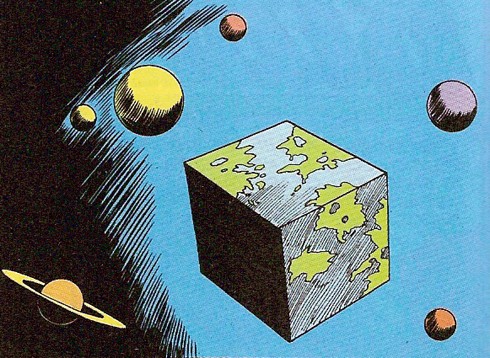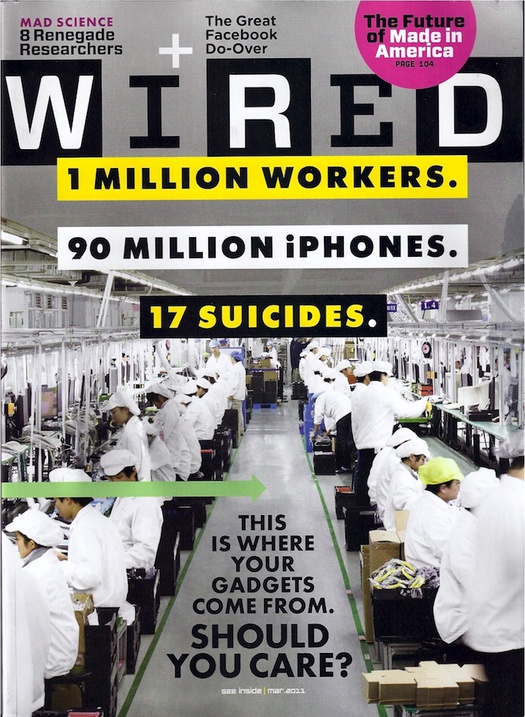
As Adam Gopnik suggested on The New Yorker’s Page Turner blog the other day, there’s not much new in pointing out that stories are important to humans. When this time-worn observation gets repeated in a marketplace context these days, it’s usually freshened up by tying in some reference to technology: You can tell your brand or product’s story online, via social media, or interactively, and ergo stories are more important than ever.
Fine. And in fairness, one reason people keep saying stories are important is because it’s true. So it’s only natural that when an entity, large or small, sets out to tell its story, the process would involve time spent answering the questions: What’s the best story we can tell about ourselves? What’s great about us, what’s unique, what’s cool, etc.? What's the most compelling way to tell our story? And so on.

Again: fine. But here’s a thought for a complementary exercise.
You know Bizarro, the comic book villain, right? The idea of Bizarro is that he’s the opposite of Super Man: He lives on a cube-shaped planet called Htrae, which is Earth spelled backwards, a place where – I’m going to quote from Wikipedia here:
Society is ruled by the Bizarro Code which states "Us do opposite of all Earthly things! Us hate beauty! Us love ugliness! Is big crime to make anything perfect on Bizarro World!" In one episode, for example, a salesman is doing a brisk trade selling Bizarro bonds: "Guaranteed to lose money for you".
You get the idea. So here’s my thought: The Bizarro Storytelling Exercise.
The Bizarro Storytelling Exercise would entail devoting serious, systematic, hard thought to the question: What is the very worst story someone could tell about our company/brand/product?
I don’t mean what’s the worst pack of lies, I mean the company/brand/product-makers asks itself: Based on what we do and how we do it, what is it that we are least likely to bring up in telling our story? And why is that, exactly — why wouldn’t we bring it up?

Possibly this would be pretty challenging conversation to have honestly. It's hard to talk about what you least want to talk about. And it doesn’t really have anything to do with storytelling, per se, because the point would be that once you’ve identified that unflattering, Bizarro version of your story, the next move would be to start figuring out how to change it.
When you’ve changed that, repeat the Bizarro Storytelling Exercise and figure out what the worst thing about your story is now. Fix that. Repeat.
Somebody somewhere is going to accuse me of cyncism and negatvity for this post, but actually it's very optimistic, posiitve, and progress-focused. It might even be good for business.
